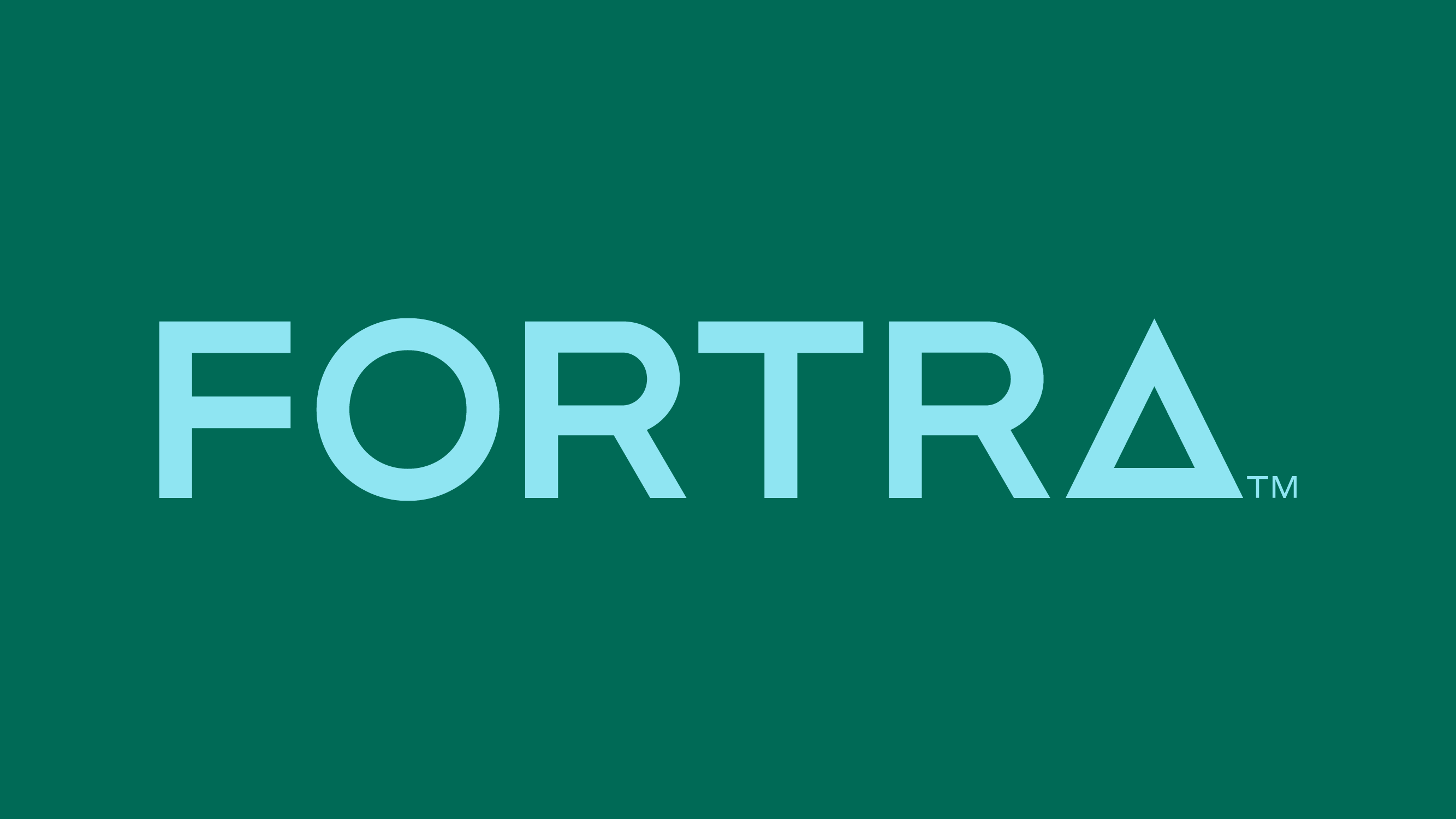
Overview
Fortra's GoAnywhere MFT is a secure managed file transfer solution that automates and encrypts file transfers with a centralized enterprise-level approach. Popular file transfer protocols and encryption standards are supported, including SFTP, FTPS, AS2, Open PGP, AES, and HTTPS.
GoAnywhere's comprehensive workflows allow enterprises to discard traditionally used manual process, custom and legacy scripts, and single-function tools. File transfers and workflows can be configured through an intuitive web interface to move and process files on cloud environments, eliminating the need for on-demand scripting.
GoAnywhere MFT offers incredible benefits for organizations:
- An integrated scheduler that allows you to run file transfers anytime, anywhere
- File monitors alert you when a file is placed in a file system, so you never have to manually check for new files from trading partners
- Tasks and triggers give you flexibility to run processes automatically giving you time to work on the projects that need your attention
- Detailed audit logs track all file transfer activity to help you meet standard compliance and business requirements, including PCI DSS, HIPAA, GDPR, and FISMA
GoAnywhere is an innovative MFT solution that reduces costs, improves file transfer quality, and helps organizations comply with data security standards and regulations. Try a 30-day trial to see if GoAnywhere MFT is the right fit for your organization's file transfer needs.
Highlights
- Secures and automates file transfers with success and failure reports, so you know that your data arrived, reducing troubleshooting time
- Reduces time and resources spent on manual processes, which increases the rate at which you can transfer data
- Connects easily and securely to trading partners and cloud environments
Details
Introducing multi-product solutions
You can now purchase comprehensive solutions tailored to use cases and industries.

Features and programs
Buyer guide

Financing for AWS Marketplace purchases

Pricing
Vendor refund policy
30-day free trial
How can we make this page better?

Legal
Vendor terms and conditions
Content disclaimer
Delivery details
64-bit (x86) Amazon Machine Image (AMI)
Amazon Machine Image (AMI)
An AMI is a virtual image that provides the information required to launch an instance. Amazon EC2 (Elastic Compute Cloud) instances are virtual servers on which you can run your applications and workloads, offering varying combinations of CPU, memory, storage, and networking resources. You can launch as many instances from as many different AMIs as you need.
Version release notes
See the release notes at https://www.goanywhere.com/support/release-notes/mft
Additional details
Usage instructions
After launching the EC2 instance, connect to the GoAnywhere MFT admin interface through your browser at http://<Public_DNS>:8000. The Public_DNS is listed on the Description tab of the EC2 Instance. On first access, you will be prompted to license your instance and create an administrator account. Further instructions can be found in the GoAnywhere MFT user's guide.
Resources
Vendor resources
Support
Vendor support
24 x 7 support is offered
AWS infrastructure support
AWS Support is a one-on-one, fast-response support channel that is staffed 24x7x365 with experienced and technical support engineers. The service helps customers of all sizes and technical abilities to successfully utilize the products and features provided by Amazon Web Services.
Similar products



